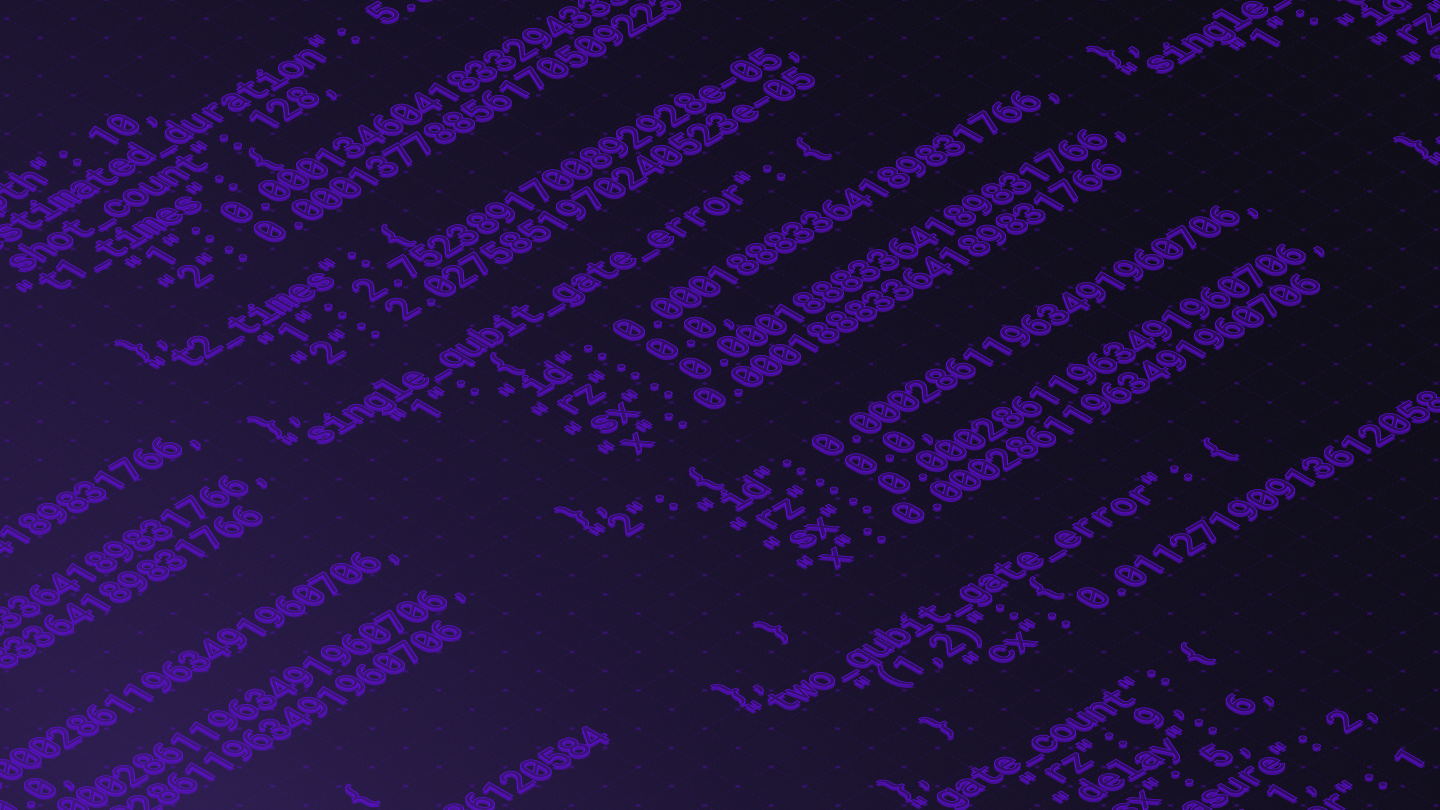Quantum control will be the critical enabler of the emerging quantum computing industry

In classical engineering, working to stabilize an unstable system against disturbance from its environment is frequently the domain of control engineering.
Control engineering is fundamental to nearly all of our technological industries. Control allowed the Wright brothers to achieve manned, powered, controlled flight at a time when others could not. The concepts they introduced to the crowded aviation field—notably three-axis control and deformable airfoils—would be considered control engineering contributions today. Similar stories have played out in autonomous vehicles, walking robots, and even the operation of computer memory.
Control has built industries before, and in our view quantum control will be just as essential in the development of the emerging quantum computing industry.
Susceptibility to noise and error remains the Achilles heel of quantum computers, and stabilizing hard-ware against noise remains the major driver of research in the field. Realizing practical, functional machines in the NISQ-era and beyond requires continued development of techniques to augment the error robustness of quantum computing hardware. Fortunately, that’s precisely where quantum control comes in.
The field of quantum control focuses on how to manipulate quantum devices in an efficient manner, and in a manner that’s robust against decoherence and error. It answers the fundamental challenge of quantum technology, while also recognizing the challenge of hardware stability is not unique to quantum technology.
Consider the development of error-robust quantum logic, for instance. The stabilization of quantum devices or quantum logic operations against external perturbations is primarily designed to suppress hardware faults which contribute to computational errors. Decoherence during idle operations results in loss or randomization of information stored in a qubit; similarly, external instabilities in radiofrequency fields used to mediate multiqubit entanglement can result in reduced operational fidelity.
Appropriate integration of quantum control solutions at the hardware layer can mitigate the deleterious effects of environmental perturbations and improve the logical error rate for quantum hardware. Because these techniques generally involve direct actuation on the devices used in performing computations, they interact with the physical layer in a generic quantum computing software stack, prior to any form of logical encoding used in fault-tolerant quantum error correction.
We refer to this class of protocols loosely as firmware as they are usually software-defined but embedded at the physical layer and invisible to higher layers of abstraction. Importantly, these techniques bear resemblance to other forms of firmware in computer engineering, such as DRAM refresh employed to stabilize classical memory hardware against charge leakage. Our approach leverages best practice in the computer engineering community to help accelerate the pathway to the first useful quantum computers.
But how, you ask? We appreciate that quantum control can sometimes appear to be a dark art. We have been working hard to produce high-quality, professionally engineered solutions through our quantum control software products that reduce barriers to entry. Recently, we engaged in a new initiative, releasing a technical overview manuscript to help the community understand the role of quantum control in quantum computing and also learn just what capabilities it offers.
In our manuscript we introduced a suite of professionally engineered infrastructure software tools aimed at building and deploying error-robust quantum control strategies in the quantum computing stack. We described how these tools may be integrated with conventional programming workflows in Python, cloud- based quantum computers, and custom quantum computing hardware. We even included a detailed technical discussion of new algorithmic approaches to quantum control for performance optimization and hardware characterization, and provided experimental validations using real quantum computing hardware.
We produced this manuscript to be the starting point for anyone interested in learning how much quantum control has to offer for the community. We definitely hope you enjoy it.
In future blog posts we’ll highlight some of the key contributions of this manuscript, so stay tuned. You can acess the manuscript here.




